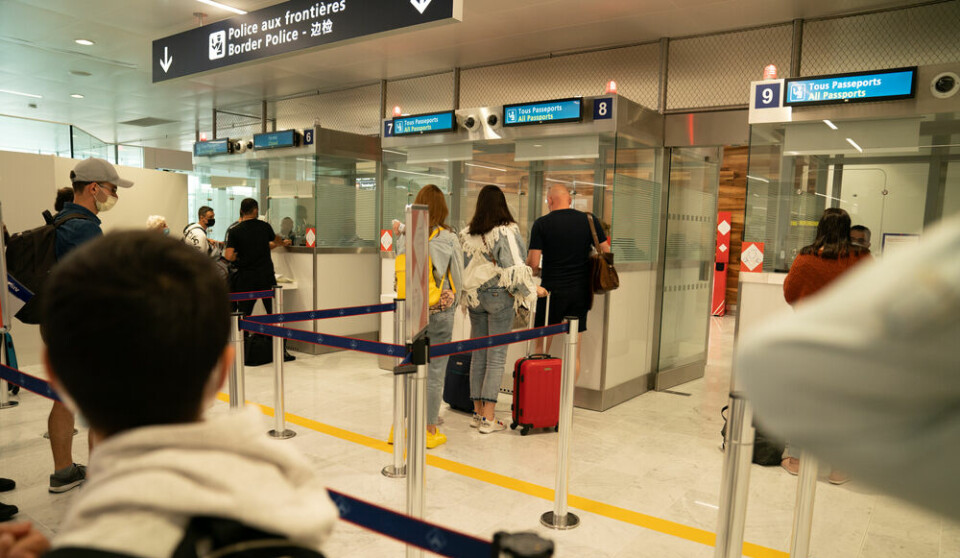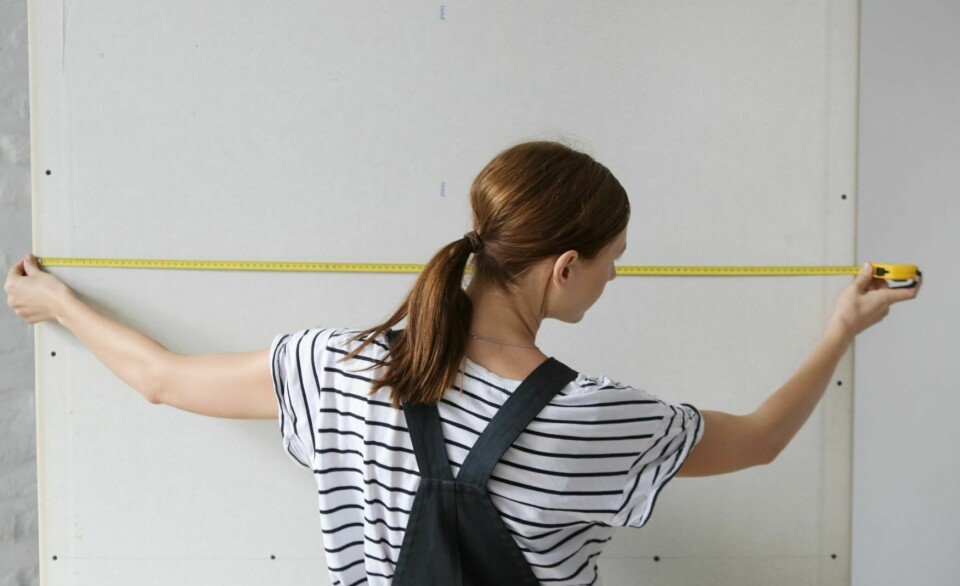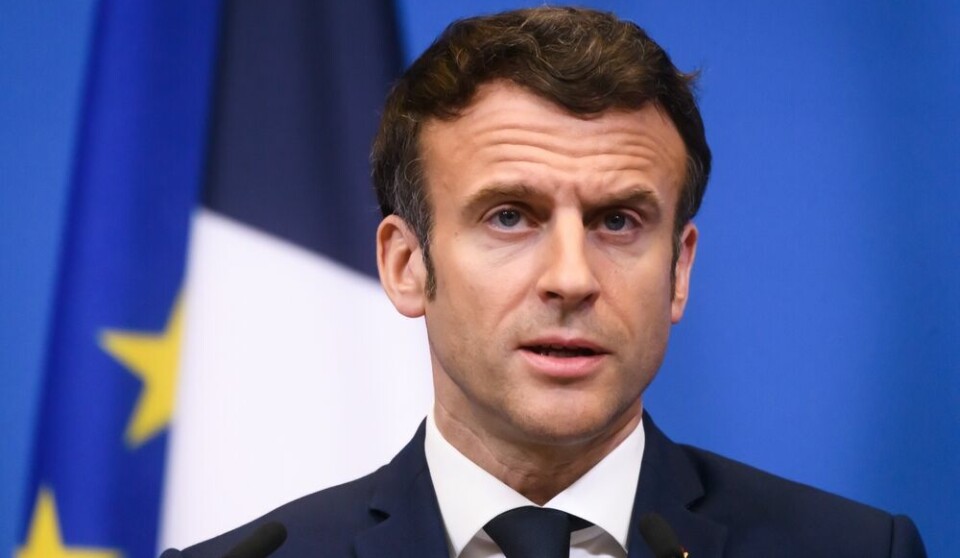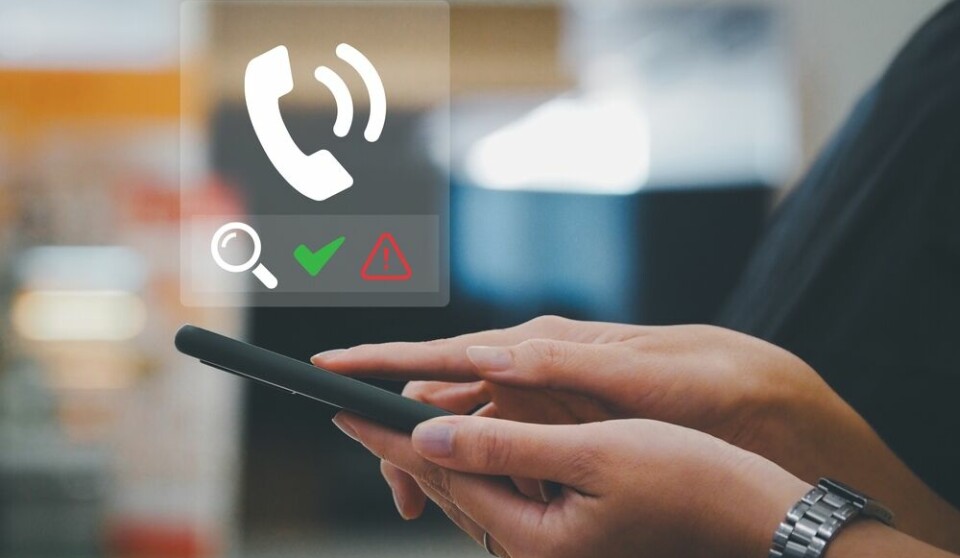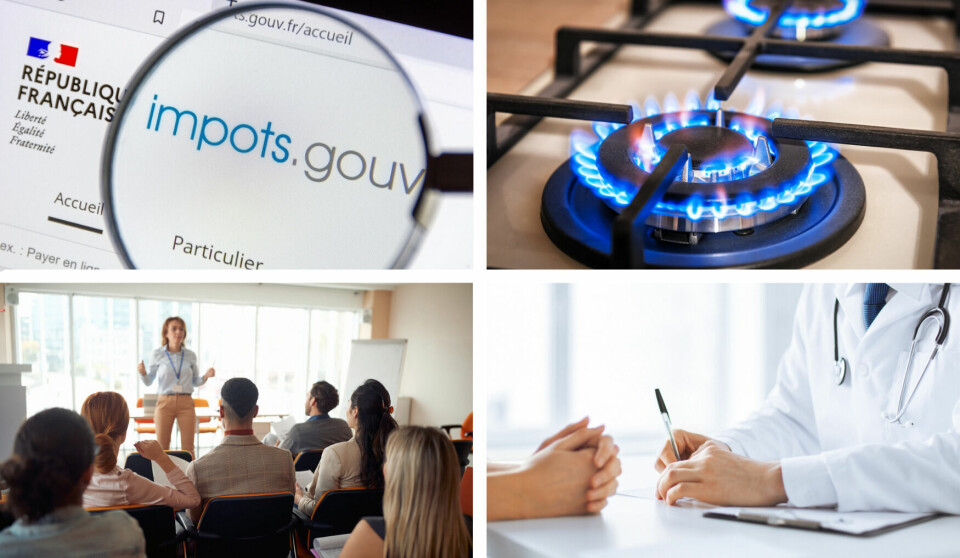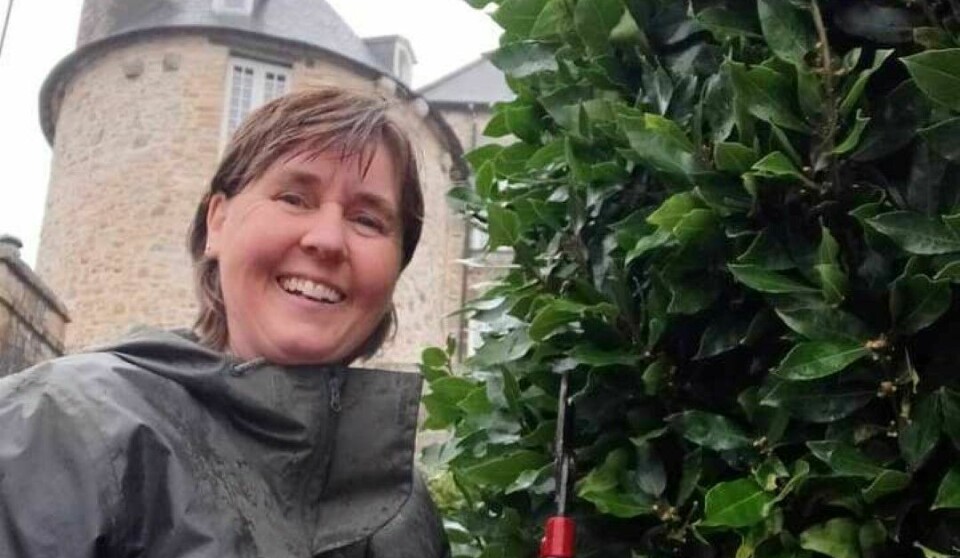-
How does your area of France fare for delay to see a doctor?
Some departments are in particular trouble when it comes to waiting times for specialists
-
€5 penalty proposed for missing a medical rendez-vous in France
The change would come into force from January and is one of several medical updates announced by the prime minister
-
CHART: How long does it take to get to hospital in rural France?
We also look at the time needed to get to a pharmacy and other health services when compared with averages for urban areas
Doctolib to launch AI medical assistant to free up doctors in France
Artificial Intelligence will be used during appointments to take notes and filter information
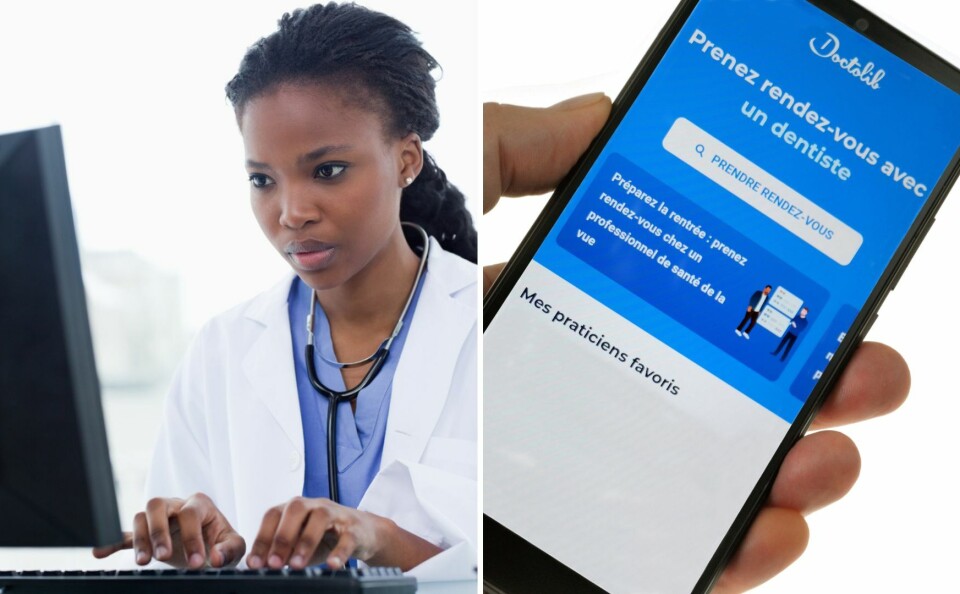
Published February 2, 2024, updated February 12, 2024
AI assistants could soon become part of medical appointments under plans unveiled by French firm Doctolib to free up GP time.
The firm is also in talks with British doctors and later wants to expand into the US.
80 million patients across France, Germany and Italy
Launched in Paris in 2013, Doctolib is one of France’s ‘unicorns’ – young tech companies worth more than a billion dollars – and the fastest-growing healthcare start-up in Europe.
It has 2,800 employees today, and took off in the pandemic when its website helped people book Covid vaccinations and tests, get online appointments via teleconsultation software, and receive prescriptions via secure messaging.
Private patient-doctor messaging is also available in theory although many doctors do not activate it.
The service is now used free of charge by almost 80 million patients in France and Germany and is spreading in Italy.
Read more: How to see a doctor if you cannot sign up with GP in France
Investing more than €100million a year in technology
Valued at almost €6billion and with annual revenue of €300million, it is not yet profitable due, it says, to its investments in new technology, but it hopes to enter profits in one year. It has not yet gone public.
Co-founder Stanislas Niox-Chateau, talking at a meeting organised by the Anglo-American Press Association of France (AAPA), said: “We’re investing more than €100million a year in technology.
“It’s a very big investment if you want a revolutionary product for patients and their care teams.”
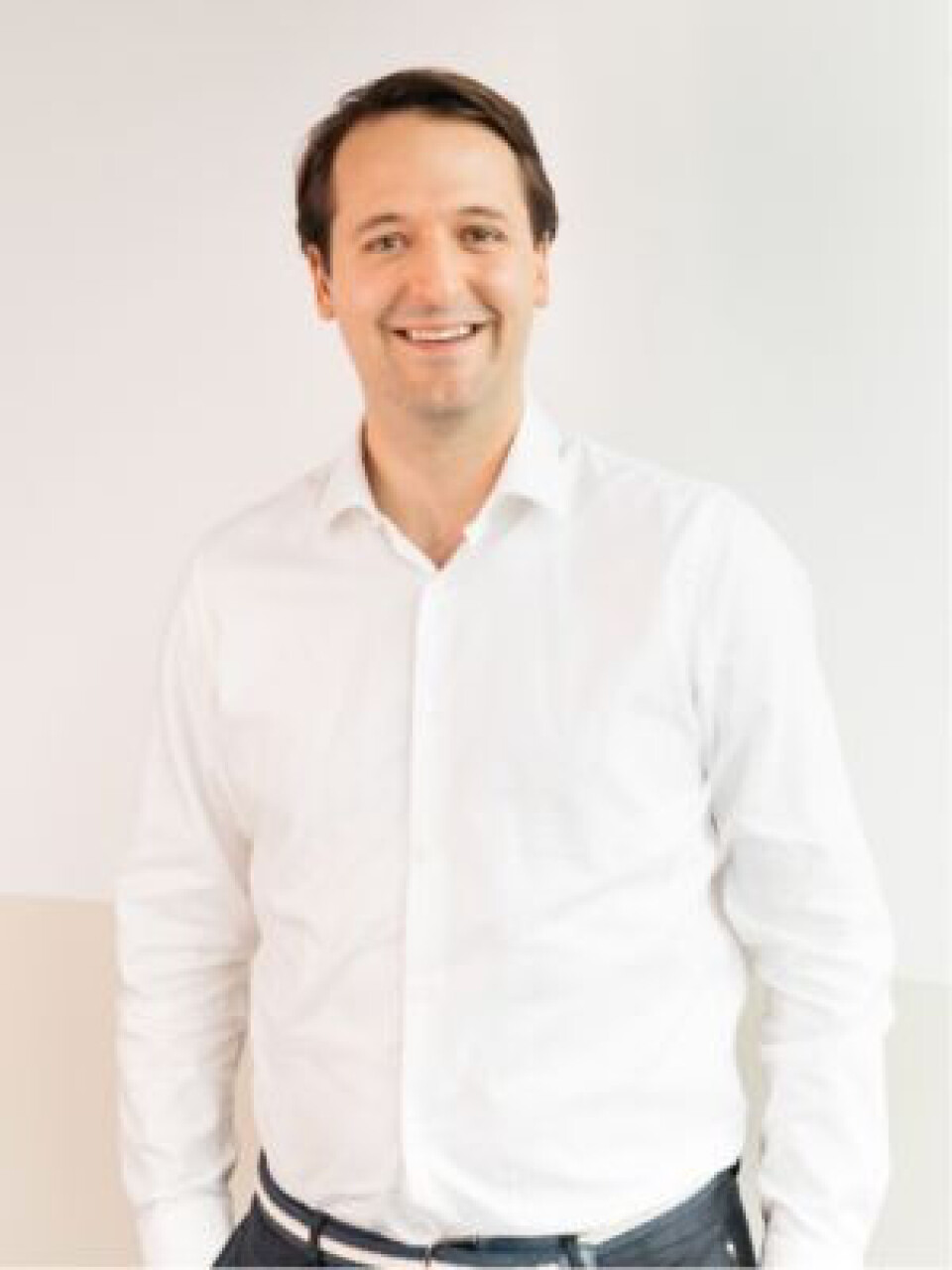
Photo: Doctolib co-founder Stanislas Niox-Chateau; Credit: Doctolib
Beyond the public website/app familiar to most patients, Doctolib has a suite of tools to help health professionals organise their work – costing from €89 to €406 per month depending on payment option, profession and number of services – plus messaging systems to contact other professionals, such as a blood test lab or pharmacy.
Some software for professionals to communicate is already used free of charge in countries such as Belgium, the UK and the Netherlands.
Almost the entire population of France uses Doctolib, Mr Niox-Chateau said, but so far only a third of medical practitioners. They include all specialisms, and 22,000 GPs.
Following controversy for including some unregulated professions such as naturopaths, they now work only with state-regulated health practitioners.
Read more: French health site Doctolib to ban unregulated wellbeing practitioners
Priority is saving doctors’ time
Mr Niox-Chateau said he came up with the idea for Doctolib after struggling to find a doctor for a back injury.
“I had zero knowledge of healthcare at the time but just wanted to do something meaningful and have a positive impact,” he said.
“Healthcare demand has been growing fast over the past decade, with an older population, climate change and the pandemic.
“At the same time, the number of practitioners is limited and the way they work has not changed. They get burned out and lack time.”
Doctolib’s “obsession” is with saving doctors’ time, he said.
“They all say they want to be freed up, so that’s our number one job. Secondly, we want to help them treat more patients, faster and in a different way.”
They also aim to help patients access care quicker and more easily.
“Before Doctolib, patients could not tell doctors’ availability – they had to call round different practitioners. The patient also wants to know location, and an idea of price, so we tell them if they are sector one [basic rates] or not.
“It is not our job to give a view of quality, but there is a profile of each practitioner. And this year we will add more search filters to give a better search experience.”
It is possible to book directly to see specialists but, if you are in the French system, you should first obtain a prescription from your GP to receive the maximum reimbursement.
AI will revolutionise how doctors collect and filter data
Other improvements this year will include new tools to help patients and doctors plan patient care.
Artificial intelligence (AI) is also a huge part of the firm’s plans as Doctolib believes healthcare is the sector that can benefit most from it.
Mr Niox-Chateau said: “In the course of 2024, we want to launch a medical assistant powered by AI, which is already in beta [testing] mode. My two tech co-founders are working full-time on this. It’s an absolute priority for us.
“In healthcare, you have a lot of different unstructured data from patients, and at the same time medical knowledge is changing fast, is fragmented and comes from many sources.
“A healthcare professional’s job is basically to collect data, filter it and make decisions based on it. AI will revolutionise this.”
AI assistant will take notes from doctor-patient conversation
During consultations, the doctor will open a microphone to allow notes to be taken by the AI assistant.
Mr Niox-Chateau estimates it will free doctors from about five minutes of computer time.
“Today, in a 17-minute consultation, the doctor spends more than a third of that time on the computer when they should be using it to talk to the patient and examine them,” he said.
“The assistant will codify and structure the data and present the right information at the right moment to the practitioner. It will not replace the practitioner.”
While it listens and takes notes, the AI assistant does not record the conversation.
Doctors will be able to add extra notes, including points they do not want to mention aloud, and correct or delete information.
GPs using Doctolib can see 10-20% more patients
Mr Niox-Chateau said the AI assistant will also monitor messages to the doctor sent over Doctolib, and write a suggested reply that he or she can edit and/or validate.
“The practitioner will always be in the driving seat.
“We are also launching personal assistants for practitioners to help them do quotes, billing and manage admin tasks as fast as possible.”
Doctolib does not, however, aim to negate the need for medical secretaries, Mr Niox-Chateau said. He has not heard of this happening.
“Today, the level of pressure and burnout among practitioners and secretaries means they use Doctolib to see more patients, faster, and to deliver better care,” he said.
“In France, GPs using us have 10-20% more appointments as they have less administrative time.”
US expansion is a long term project
Doctolib is interested in eventually expanding into the US, the world’s largest healthcare market: “Its system has a lot of inefficiencies, so there are plenty of opportunities.
“At the same time, we must be humble and do it progressively, so there are no plans to go there in the next one or two years.
“A team has studied the market and we are in discussions for some partnerships, but not short-term,” Mr Niox-Chateau said.
‘We could help British GPs tomorrow’
He added that the firm will probably go into the UK, Belgium, the Netherlands and other European countries first.
“As far as British GPs go,” he said, “we would be ready to provide our technology to them tomorrow.
“I’ve had plenty of discussions with British GPs and plenty of requests from them. They say they would love to have a lighter workload and more time and better ways to connect with hospitals, labs, radiology centres, etc.
“There is also a large UK private sector – in dental care, for example – and we would be ready to deploy to them immediately too.”
He said the big question is how Doctolib would work with the NHS.
In France, it already works with the public sector: “We provide solutions to 50% of university hospitals and a third of public hospitals [and 90% of private hospitals].
“Can we do the same in the UK as in France? Probably.”
Mr Niox-Chateau expects this to start over the coming two years.
In terms of data security, Doctolib claims to have invested more than any other start-up in the EU, including buying an encryption technology firm.
“We have the highest level of certification in Europe, but it is an ongoing effort,” said Mr Niox-Chateau.
Read also
Medicines in France will cost patients more from spring
Delivery of medicines by drone tested in south-west France
Call for people with rare blood types to become donors in France



